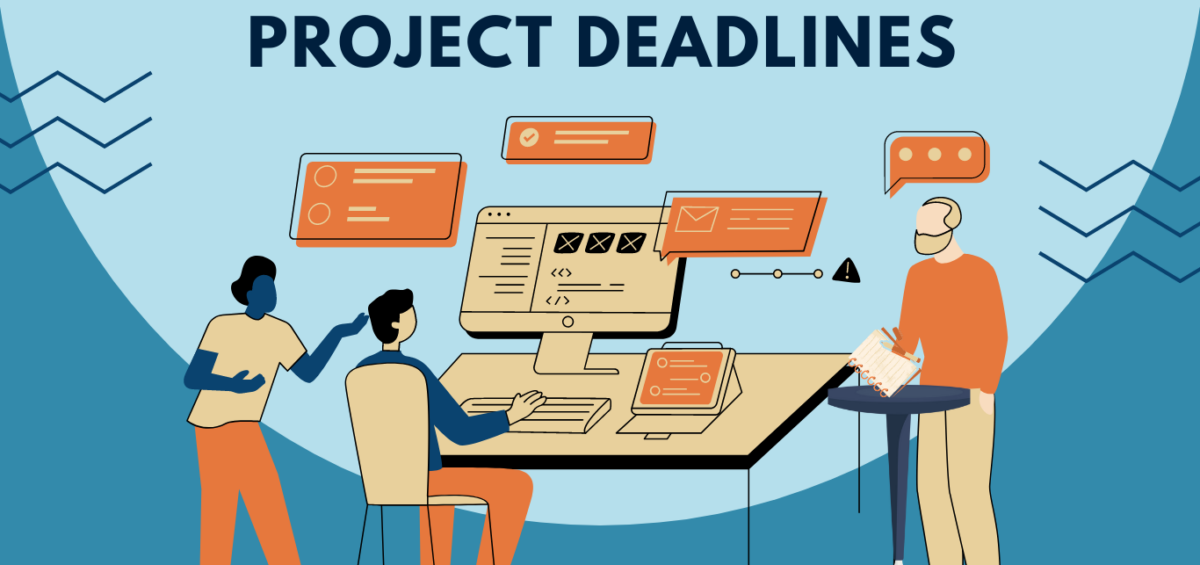Project deadlines are typically determined by project managers or stakeholders based on various factors such as project complexity, scope, available resources, and desired timeframes.
To set project deadlines effectively, it’s important to consider the following:
1. Project Scope:
Clearly define the project development frameworks, objectives, deliverables, and tasks involved to determine the estimated time required for each. Discuss the time required for the project with the client prior to starting work on it if the time given by the client is not sufficient.
2. Task Dependencies:
Identify any dependencies between tasks, as delays in one task can impact subsequent tasks. Consider critical paths and potential bottlenecks to handle them accordingly.
3. Resource Availability:
Take into account the availability and allocation of resources, including team members, equipment, and budget as the functional & non-functional requirements to be considered.
4. Project Risk Management:
Identify potential risks or obstacles that may affect project progress and build in contingency time to account for unforeseen circumstances. Always consider backup for any minute situation so that the workflow remains unaffected.
5. Stakeholder Expectations:
Understand the expectations and requirements of project stakeholders, including clients, managers, and team members, and factor them into the deadline-setting process all along.
6. Time Estimation:
Based on the information gathered, estimate the time required for each task, considering factors such as complexity, past experience, and the capabilities of each team member. As not everyone in the team works at the same pace.
7. Buffer Time:
Allow for some buffer time between tasks or milestones to accommodate unexpected delays or changes. Keep room for further discussions as the project moves toward completion.
8. Communication and Collaboration:
Ensure clear communication and collaboration among team members to keep everyone informed about the project timeline and progress. Prefer one on one discussions with the team to have a better understanding of individual work status. Share the requirement documentation with all the team members.
Remember that project deadlines should be realistic and achievable, taking into account all the relevant factors. It’s also important to regularly monitor and update project timelines as the project progresses to ensure that deadlines are still feasible and make adjustments if necessary.







Leave a Comment